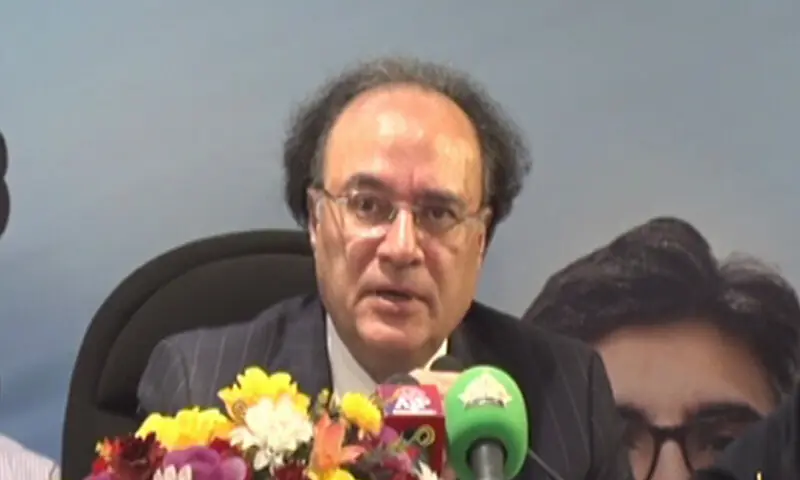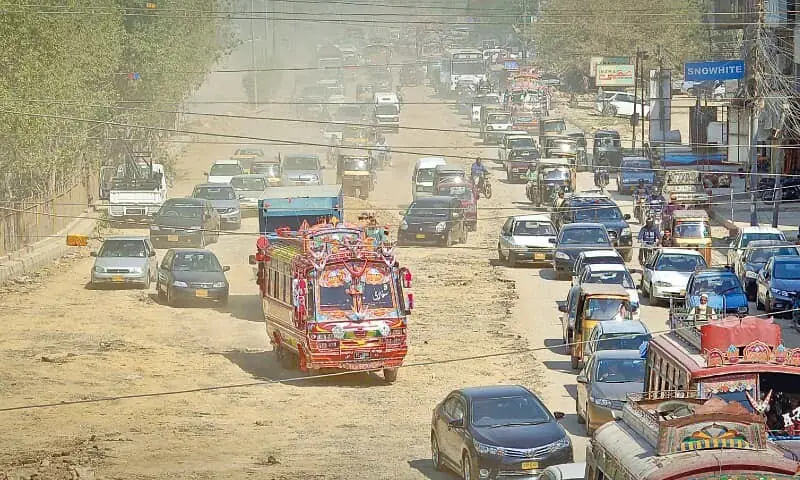Finance Minister Muhammad Aurangzeb on Wednesday called population and climate change “existential issues” that Pakistan must address to realize its potential.
Pakistan is home to a vast population of more than 251 million, according to the World Bank.
“I am very clear: we cannot harness the potential of this country unless we address two existential issues: population and climate change,” Aurangzeb said while addressing a meeting of the business community in Karachi.
“I’m just saying that we don’t create emissions but we have to adapt, so prove it,” he said, referring to Pakistan’s oft-repeated argument that the country contributes less than one percent of global carbon emissions but faces catastrophic events induced by climate change.
“We have financing. First let’s use the financing we have,” stressed the Minister of Finance in response to a journalist’s question.
He went on to point out that the population is “not just about the high level,” but also about child stunting and learning poverty, which “that is, girls don’t go to school.”
“These are all areas where the federation and the provinces have to work together,” Aurangzeb said.
He said the economic problems were “immediate” and would be resolved within a few years, but that climate change and population were “existential issues and are now urgent enough to be addressed now. Now.”
Last month, lawmakers across Pakistan called for rapid population growth to be declared a national emergency and for people’s well-being to be integrated into all policy and development frameworks.
The Council of Islamic Ideology has endorsed birth spacing and recommended involving religious leaders more actively in spreading messages about its permissibility.
Need to liberalize wheat and sugar
Replying to another question, Aurangzeb said the government was “very clear” on deregulation of wheat and sugar.
“My view and that of the Prime Minister and the Cabinet is very clear: the government should opt out of any matter it can,” he said. The minister pointed out that wheat had an element of “strategic reserve” as it was a basic food; otherwise it should also be liberalized.
“Both policies are yet to come,” he said. Last month, the government introduced the ‘Wheat Policy 2025-26: Transition to a market-based system’ that sets a minimum support price to help flood-affected farmers.
“This time there was a situation due to flooding, otherwise they (policymakers) did the right thing,” he said.
“Deregulation has to be end-to-end. It cannot happen that we deregulate a certain element in the value chain but maintain control over another. The government has to exit the entire value chain, so that is where we are heading,” Aurangzeb said.
During his talk with the media, the minister also noted: “We have definitely faced losses in rice [exports] this year because its fields in Punjab were damaged. But they also range between 3 and 4 billion dollars in agricultural exports.”








